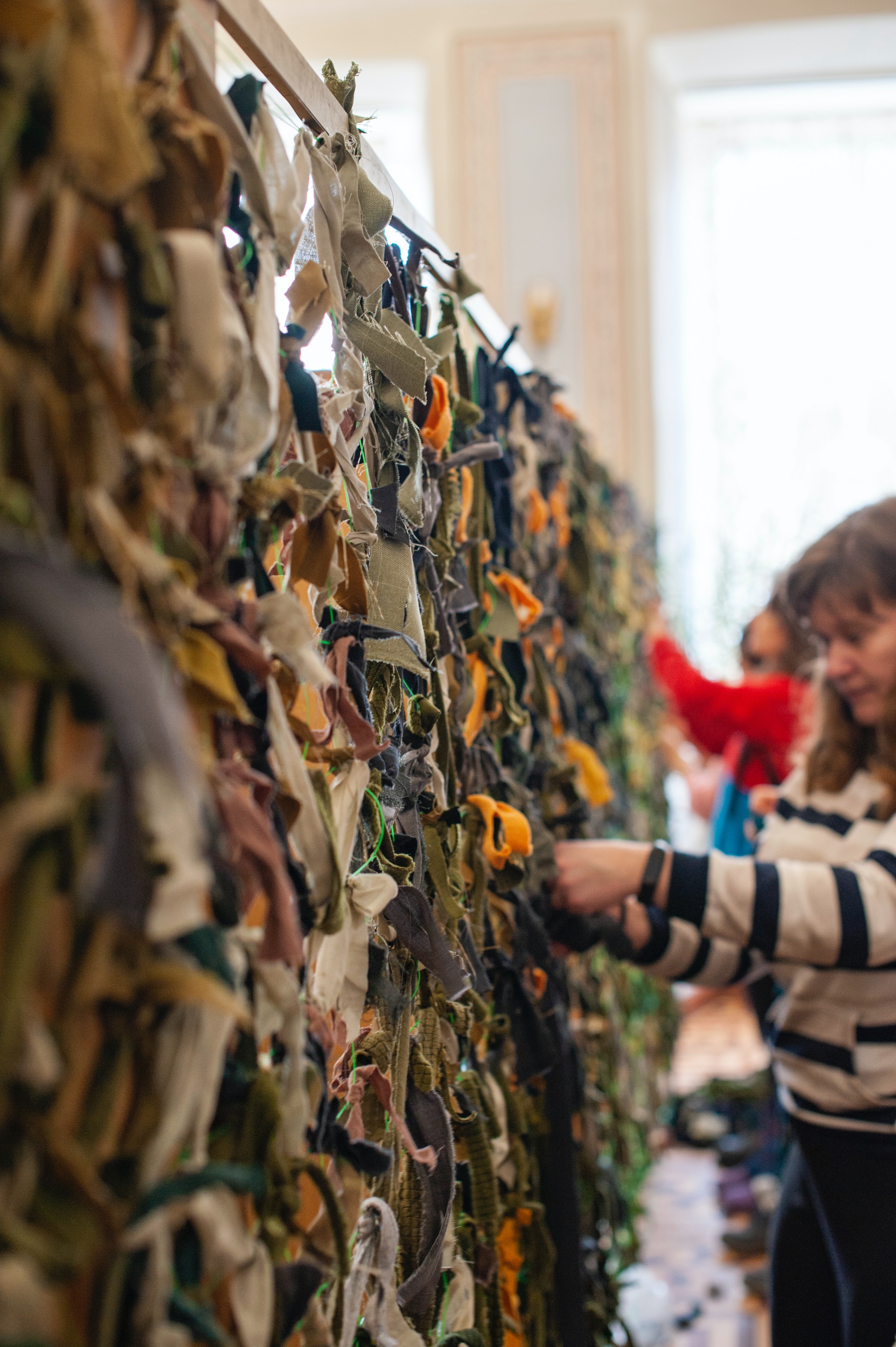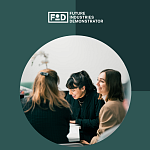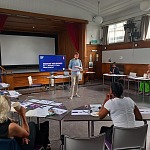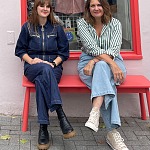The transition to a circular economy requires a shift in mindset and business practices. Here are three key approaches for the textiles industry to eliminate waste and move towards circularity:
Repairing
Repairing textiles is an essential aspect of the circular economy. Encouraging consumers to repair their clothing and accessories instead of discarding them promotes a culture of sustainability. Brands can offer repair services, provide repair guides, or partner with local repair shops to extend the lifespan of their products. By empowering consumers to mend and maintain their textiles, the industry reduces waste and extends the usefulness of each item.
Resale
Resale platforms and second-hand markets have gained significant traction in recent years. Embracing the resale market allows textiles to have a second life and reduces the demand for new production. Brands can collaborate with resale platforms, launch their resale initiatives, or facilitate take-back programs to ensure that their products remain in circulation even after the initial purchase.
Redistribution
Redistribution involves redirecting surplus or unsold textiles to areas of need. This approach not only reduces waste but also addresses social and economic disparities. Brands can partner with non-profit organizations, charities, or disaster relief efforts to distribute excess textiles to communities in need. By doing so, the textile industry contributes to environmental and social sustainability.
The Fashion and Textile industry is at a critical juncture, facing challenges related to carbon emissions, waste generation, and resource depletion. Embracing the principles of the circular economy offers a promising solution to these challenges. By eliminating waste and pollution, circulating products and materials, and regenerating nature, the industry can transition towards a more sustainable and resilient future. Repair, resale, and redistribution are key strategies that can help make the textile industry more circular, reduce its environmental impact, and foster a culture of conscious consumption. As stakeholders across the industry collaborate and innovate, a circular textile economy becomes a possibility and a necessity for a greener and more sustainable planet.




















































